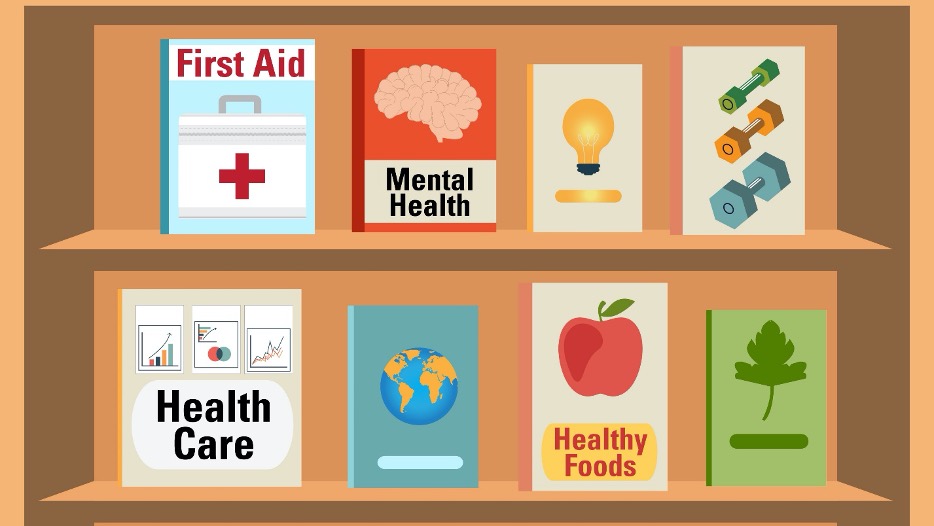Health education can be defined as learning that helps build a positive attitude towards understanding and promoting personal health. This includes students’ social, mental, physical, and emotional health. It is perhaps the single greatest way of ensuring the well-being and health of students.

It is characterized by its aim to encourage students to engage in healthy practices, maintain good health, and avoid risky behaviors.
Health education: Prevention is better than cure
Health education courses offered in various learning institutions worldwide are a useful tool to introduce the human body and factors that contribute to your health and well-being.
Right from an early age, most of you can remember always being reminded to wash your hands before meals or use a paper towel to avoid coming into contact with door handles in public places, among many other precautions.
It is not always easy to comprehend, especially at an early age, until you fall ill. Leaning from your mistakes is a sure way of ensuring you never forget to take precautions to maintain good health.
This is a form of health education that emphasizes that prevention is better than cure. Therefore, it should be included in learning institutions worldwide to ensure that students gain the knowledge to avoid unnecessary risks and prevent illness.
It is widely known that teachers, parents, and guardians should be extremely vigilant during the early years of childhood development because of various health concerns.
This is especially true when it comes to children adopting behavior that can have adverse outcomes. It comes with a sigh of relief that it is included in the learning curriculum to instill the importance of engaging in healthy habits from an early age.
As such, when students progress to higher levels of education, so does their knowledge of favorable health practices. They include:
- Disease prevention
- Mental health
- Proper nutrition
- Physical growth and development
- Reproductive health
- Negative effects of drug and alcohol abuse
- The need for regular exercise
- Knowledge of consumer health, and safety, i.e., the Heimlich maneuver, first aid, etc.
The goal of it is to improve your mastery of health-related matters and create positive attitudes toward your own well-being, and thus promote healthy behavior.
For instance, with the current worldwide COVID-19 pandemic, no one expected it. However, with the backing of quality education, you are better equipped to survive. This has also been the topic in a recent edubirdie review of how the pandemic has affected people worldwide.
Benefits of Health Education in Today’s Society
Promoting health education from a young age helps students to nurture a habit of adopting healthy behavior. However, it should be followed up both in class and at home throughout the students’ lives for it to be effective.
Research has shown that health education programs are more effective if teachers and parents/ guardians are all involved in promoting students’ health. Parents/ guardians are essential in reinforcing and complementing what students learn in school.
For instance, health education can offer necessary information about implementing healthy decisions such as the harmful effects of alcohol and drug abuse. But parents/ guardians should reinforce this education to ensure it is firmly ingrained in their children’s minds. Research has shown that health education promotes effective learning in other subjects as well. Studies show that students with comprehensive health education performed significantly better than those not exposed to it.
In general, students with good health learn better, exhibit high attendance scores, better academic performance, among many other desirable student traits. Therefore, without quality health education, students are at a disadvantage.
Below are a few more benefits of health education that benefit students and the community. These benefits include:
- Awareness of chronic diseases and how to prevent them
- Improved maternal and infant health
- Reduced alcohol intake and substance abuse
- The need for regular exercise in weight management and prevention of lifestyle diseases such as obesity
- The knowledge to avoid risky behavior
- Knowledge on how to improve both physical and mental health
- Awareness of the nutritional benefits of a healthy diet
These are just some of the benefits students enjoy when exposed to quality health education programs. As such, public health workers, health educators, learning institutions, non-profit organizations, among many other stakeholders, are expected to work tirelessly to develop health education programs.
This provides students with the opportunity to learn about how to better their health. Therefore, it is imperative to invest in new approaches to ensure children are exposed to health education from an early age to secure their future.
Interesting Related Article: “5 Ways to Strengthen Your Logical Skills“
